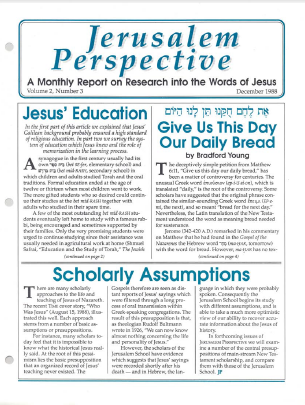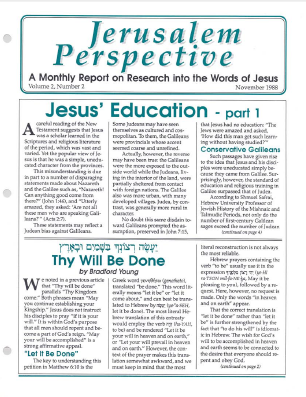Updated: 17 January 2024
A careful reading of the New Testament suggests that Jesus was a scholar learned in the Scriptures and religious literature of the period, which was vast and varied. Yet the popular Christian view of Jesus is that he was a simple, uneducated character from the provinces. This misunderstanding is due in part to a number of disparaging statements made about Nazareth and the Galilee such as, “Nazareth! Can anything good come from there?” (John 1:46), and “Utterly amazed, they asked: ‘Are not all these men who are speaking Galileans?’” (Acts 2:7).
These New Testament statements may reflect a Judean bias against Galileans. Some Judeans may have seen themselves as cultured and cosmopolitan. To them, the Galileans were provincials whose accent seemed coarse and unrefined.
Actually, however, the reverse may have been true: the Galileans were the more exposed to the outside world while the Judeans, living in the interior of the land, were partially sheltered from contact with foreign nations. The Galilee also was more urban, with many developed villages. Judea, by contrast, was generally more rural in character.
Premium Members and Friends of JP must be signed in to view this content.
If you are not a Premium Member or Friend, please consider registering. Prices start at $5/month if paid annually, with other options for monthly and quarterly and more: Sign Up For Premium





